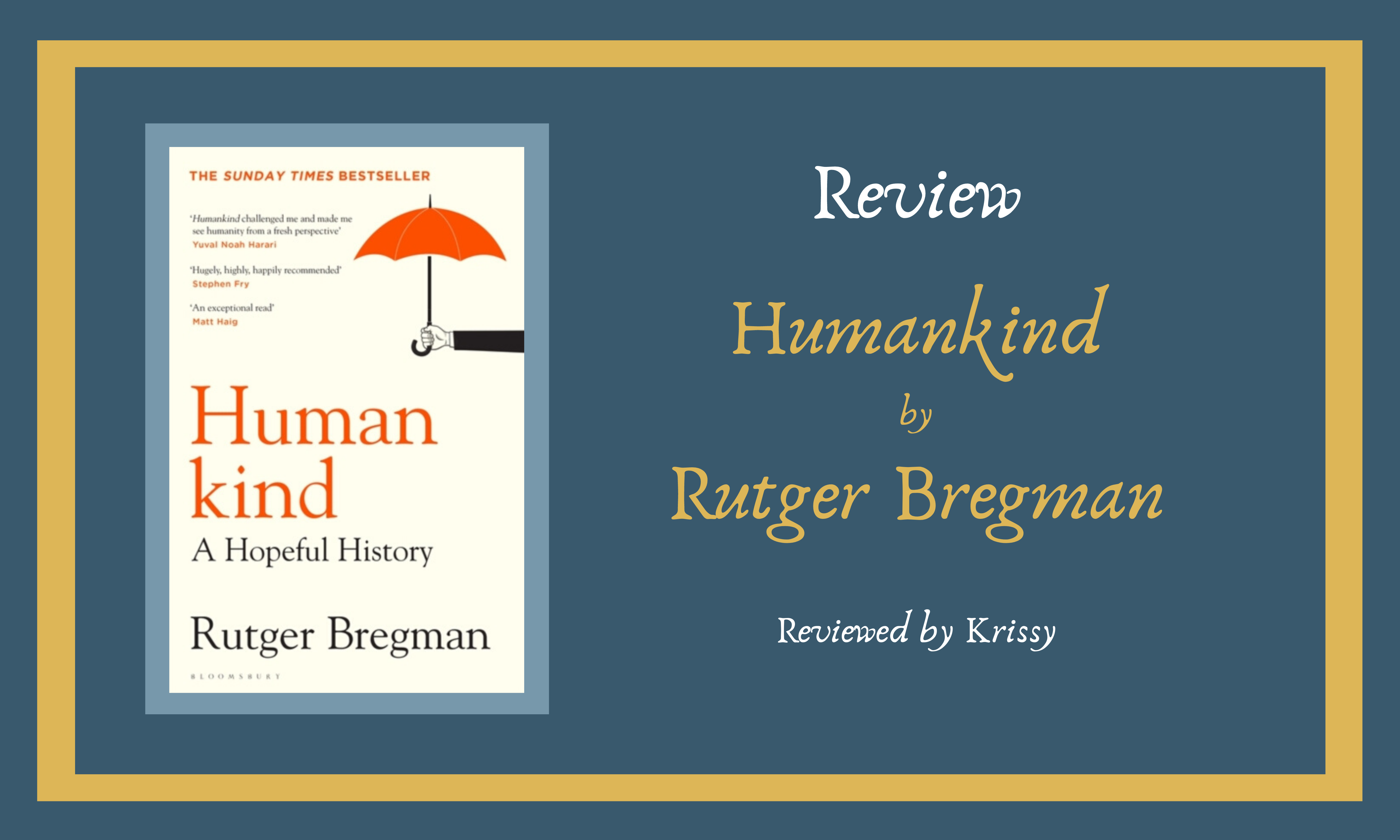

Outposts cost influence, a somewhat rare resource effectively serving as a cap on expansion in the early game. For starters, to claim a new territory, you move a unit there - scout, warrior or whatever - and build an outpost. Onward to phase two of the 4X operation: eXpand! There are some great advances in the genre in Humankind. It also frees you from having to pack your cities together to make the most efficient use of land. I'm a fan of the system, as it makes for interesting borders, which are more like what appears in real-world scenarios, as compared to the adjoining blobs often occurring in Civ. Humankind uses a region system much like Endless Legend did, where, upon map generation, all the land is divided into pre-set regions allowing only one city - or outpost, more on that later - per region. Resources like food, gold, industry and science are produced from either the surrounding terrain or the population, which is assigned a role: farmer, worker, trader, or researcher. Anyone who's played these games knows that bummer feeling when you realize 20 turns in that you should've put your capital city two hexes to the left.Ĭities operate in much the same way as Civ or Endless games each turn, the city's industry is applied to whatever's in the build queue. The advantage is that by the time you plan your city, you have seen enough of the territory to make an informed decision.

To build your first city, you must get an era star, which you'll get from running around, exploring curiosities, or fighting animals. You do not start with a settler/colonizer type unit you get a simple scout unit. However, here is where I think Humankind achieves one of its many improvements over what's been done in the past. Spawning in on the map with a single unit on a few hexes of terrain surrounded in fog is another rather unremarkable experience. World creation options seemed fairly standard fare: Pangea, continents, islands, percentage of water, and so on. As a tribute to Dark Souls' Sunbros, I gave my civilization the banner of an orange sun and set out. While not massively impactful, it's a nice touch, especially if you like customization. You can even choose some AI traits (most of which begin locked), so other players can include "you" in their games. You can customize your own leader as if you're playing an RPG, including your civ's banner and colors. A few poorly received DLCs continued tacking on mechanics, races and events when a streamlining of gameplay may have been in order.įrom the start menu, Humankind distances itself from the competition (except Stellaris). To top it all off, I was slightly dissatisfied with its latest entry, Endless Space 2, which offered a slew of additional systems that didn't integrate with the core gameplay in a satisfying way. If that alone wasn't cause enough to be skeptical about Humankind, Amplitude Studios had recently been scooped up by the publisher Sega, which can often has unpredictable results to a studio's productions.

It's no simple feat and one that few, if any, other franchises have gained serious traction in.

This latest iteration follows the history of mankind, from nomadic tribal warriors through nuclear weapons, essentially pitting Humankind directly against the ubiquitous Sid Meier's Civilization series. Humankind is the latest entry in 4X (eXplore, eXpand, eXploit, eXterminate) strategy games by the now-veteran developer Amplitude Studios, and it's its first game outside of the Endless fantasy/sci-fi universe.


 0 kommentar(er)
0 kommentar(er)
